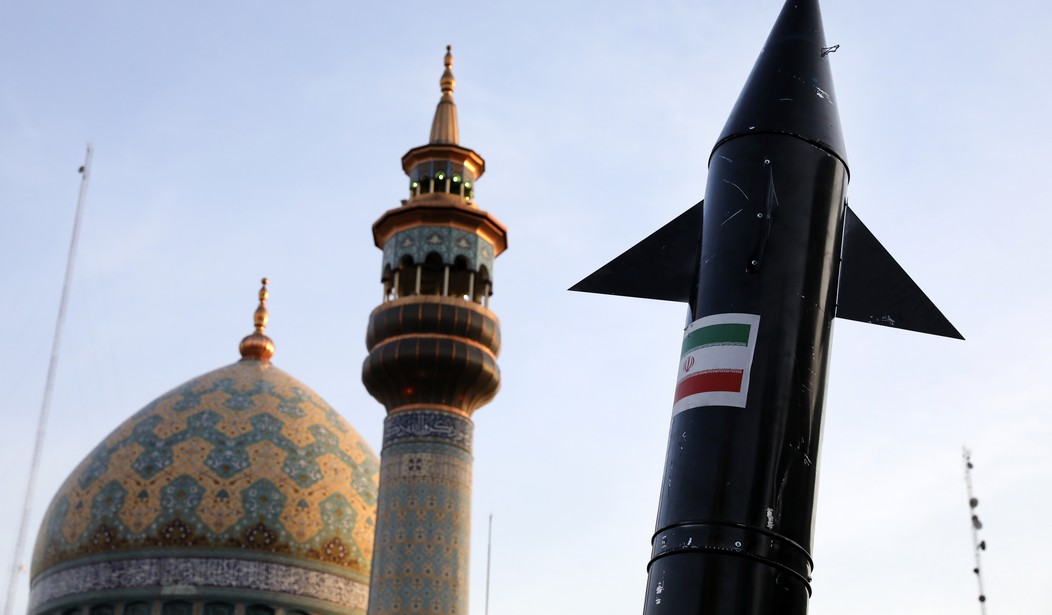Amidst the misplaced jubilation of some Western media and pro-appeasement think tanks over the ‘election’ of the so-called reformist president, Masoud Pezeshkian, a pivotal event unfolded simultaneously in two of Europe’s major capitals: Berlin and Paris. In Berlin, tens of thousands of Iranians convened at the behest of the principal opposition coalition, the National Council of Resistance of Iran.
The summit also featured remarks from notable figures, including Maryam Rajavi, former Vice President Mike Pence, and former Secretary of State Mike Pompeo, former Prime Ministers of the UK, Canada, and Italy, Liz Truss, Stephen Harper, and Matteo Renzi, Gen. James Jones and John Bolton, Senators Jeanne Shaheen, Thom Tillis, and Ted Cruz, and Reps. Raul Ruiz and Nancy Mace, along with other prominent international politicians.
“The moribund regime finds itself encircled by Iranian society, yet the policies of Western governments persistently hinge on appeasement. It is from this reality that we must break the wheel of complacency and chart a bold, new course,” Rajavi underscored.
Iranians voiced their rejection of Iran’s sham presidential elections, orchestrated by the ruling theocracy, and endorsed the Ten-point Plan for Iran’s future, championed by NCRI’s President-elect, Maryam Rajavi.
Concurrently, Paris hosted the three-day Free Iran World Summit. This summit saw participation from over 500 incumbent lawmakers, 16 former heads of state, five former foreign ministers and a dozen former ambassadors, and more than a dozen distinguished internatio
Recommended
The presidential election, a continuation of the performative politics that have characterized the Islamic Republic since its inception, was overwhelmingly dismissed by the Iranians—88% abstained in the first round and 91% in the second, according to activists who monitored 2,000 polling stations across the nation. The candidates, including the so-called reformist Masoud Pezeshkian, h
She also criticized the channeling by the U.S. of billions upon billions of Iranian assets directly into the regime's coffers to facilitate the sale of oil that finances the Islamic Revolutionary Guard Corps and its proxy groups,” and release in Belgium and in Sweden, a bomb-carrying terrorist diplomat and a mass murderer, both of whom received a hero’s welcome upon arrival in Tehran.
“The regime will not go quietly into the night of its own accord. That's why only a tested, organized, and proven resistance can bring about lasting change. A movement that can inspire the people to take action has a history of standing up to the regime, not compromising. A movement that's willing to sacrifice and pay the price that's needed for freedom. The good news is that a movement exists, the National Council of Resistance of Iran. The truth is the mullahs in Tehran have no greater fear than the NCRI,” Vice President Pence said.
Referring to the Ten-point Plan as the solution and the answer, Pompeo said, “That day will come when it shatters the theocracy. It will break them to the very core…. This platform is grounded in this self-evident truth upon which American democracy was founded.”
Amid these landmark events, a declaration endorsed by more than 4,000 legislators across 50 nations, including majorities in 34 parliaments, along with 137 past world leaders, ministers, ambassadors, and 80 laureates, called for the acknowledgment of the rights of Iran’s rebellious youth and the Resistance Units linked to the oppositional group. The signatories demanded an end to the prevailing impunity and urged holding the regime accountable for its extensive human rights abuses, notably the mass execution of 30,000 individuals in 1988.
The West faces a persistent challenge with Iran, underscored by the cross-Atlantic tensions and key political shifts. As the U.S. gears up for a significant presidential election, and with the UK having recently established a new government and France on the cusp of doing the same, Western leaders are confronted with a critical decision: either maintain the status quo or overhaul their policy in response to the evolving realities in Iran.
This juncture is pivotal in the long-standing conflict between the Iranian resistance and the theocratic regime, heralding both the anticipated and seemingly inevitable collapse of the regime. This shift highlights the growing influence of the Iranian Resistance on the global stage and the urgent need for Western democracies to discontinue their policy of engagement with the regime. Instead, they should support the Iranian populace's quest for freedom and democracy, aligning with their aspirations and fostering a more stable international relationship.

























Join the conversation as a VIP Member